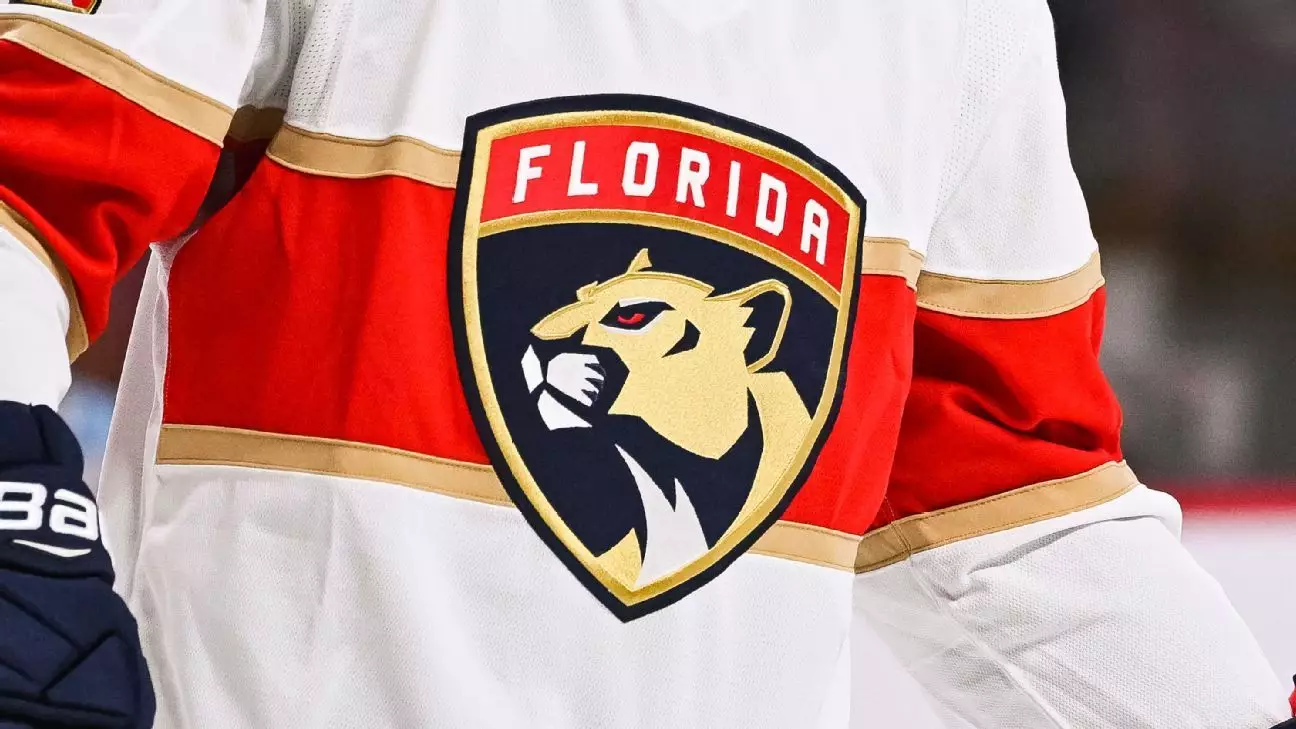In recent days, the National Hockey League (NHL) has faced the need to confront a significant controversy involving Doug Cifu, the minority owner of the Florida Panthers. Cifu’s social media activity came under scrutiny after a series of incendiary posts, leading to an indefinite suspension from his roles with both the team and the league. This incident casts a long shadow over the franchise, especially as it competes in the playoffs. Cifu’s rants—originating from heated exchanges with a Toronto Maple Leafs fan—have raised pressing questions about the intersection of sports, politics, and social responsibility.
Cifu, who serves as vice chairman and alternate governor of Sunrise Sports & Entertainment, found himself embroiled in a conversation that spiraled dangerously out of control when the discourse turned towards sensitive geopolitical topics. It is worth noting that Cifu also holds significant clout as the CEO of a financial technology firm, underscoring the dissonance between his professional responsibilities and his personal actions online.
The Triggering Exchange
The catalyst for Cifu’s suspension was a conversation that began as a typical back-and-forth between rival fans but quickly escalated into a charged exchange involving inflammatory comments about Israel, Palestine, and even Canada’s political status. At the center of the debate was a comment from a user claiming that equating physical violence in sports to starvation in warfare was inappropriate. Cifu’s reactive response—filled with derogatory language and exaggerated political assertions—revealed a troubling tendency toward aggression rather than reasoned debate.
His striking use of terms like “anti-semite loser” and “Hamas rat” not only tarnished his reputation but violated the codes of conduct expected from someone in his esteemed position. To engage in such messaging while representing a major sports organization is profoundly reckless. It serves as a poignant reminder that social media interactions can have real-world consequences, particularly when they involve polarizing issues.
The League’s Response and Necessary Accountability
The NHL responded swiftly to the incident, illustrating a firm stance against unacceptable behavior by its affiliates. The league’s declaration of Cifu’s actions as “unacceptable and inappropriate” was necessary, albeit highlighting the challenges it faces in policing the behavior of its stakeholders. The expectation for individuals associated with such high-profile organizations is to maintain a certain level of decorum and represent the brand positively, especially when the spotlight is on them during vital moments, such as playoff season.
While some may argue that Cifu’s comments are representative of a current trend among public figures using social media for self-expression, it is vital to distinguish between free speech and the responsibility that comes with such platforms. Committing to personal beliefs should not come at the cost of community standards and inter-personal respect.
Implications for the Florida Panthers
As the defending Stanley Cup champions, the Florida Panthers are in an awkward position amid the ongoing playoff rounds. Cifu’s outburst not only endangers their reputation but also places an additional spotlight on the delicate dynamics within the team during a high-stakes time. The franchise must now navigate the potential fallout from this incident while simultaneously striving toward achieving greatness on the ice.
The incident may catalyze a necessary discussion within the NHL about the conduct of its stakeholders and how organizations should manage their public image in the age of social media. It raises the imperative for all involved—players, management, and owners—to uphold integrity and sportsmanship both on the ice and off.
A Call for Change
The moral and ethical responsibilities of sports figures extend into their behavior online. Cifu’s damaging comments should act as a wake-up call for the NHL and other sports organizations to enforce stricter guidelines regarding public conduct, harnessing the opportunity to educate their members on the gravity of their words. With the power of social media comes the necessity to reflect critically on one’s personal views and the potential ramifications they bear.
In a world where political discourse is becoming increasingly divisive, Cifu’s case exemplifies the need for a return to thoughtful engagement. Moving forward, both the NHL and its constituents must work diligently to ensure individuals are held accountable for their actions while fostering an environment that supports respectful dialogue. This incident serves as a critical reminder that the world of sports is not separate from the complexities of social issues; rather, the two are intertwined in a myriad of often challenging ways.

